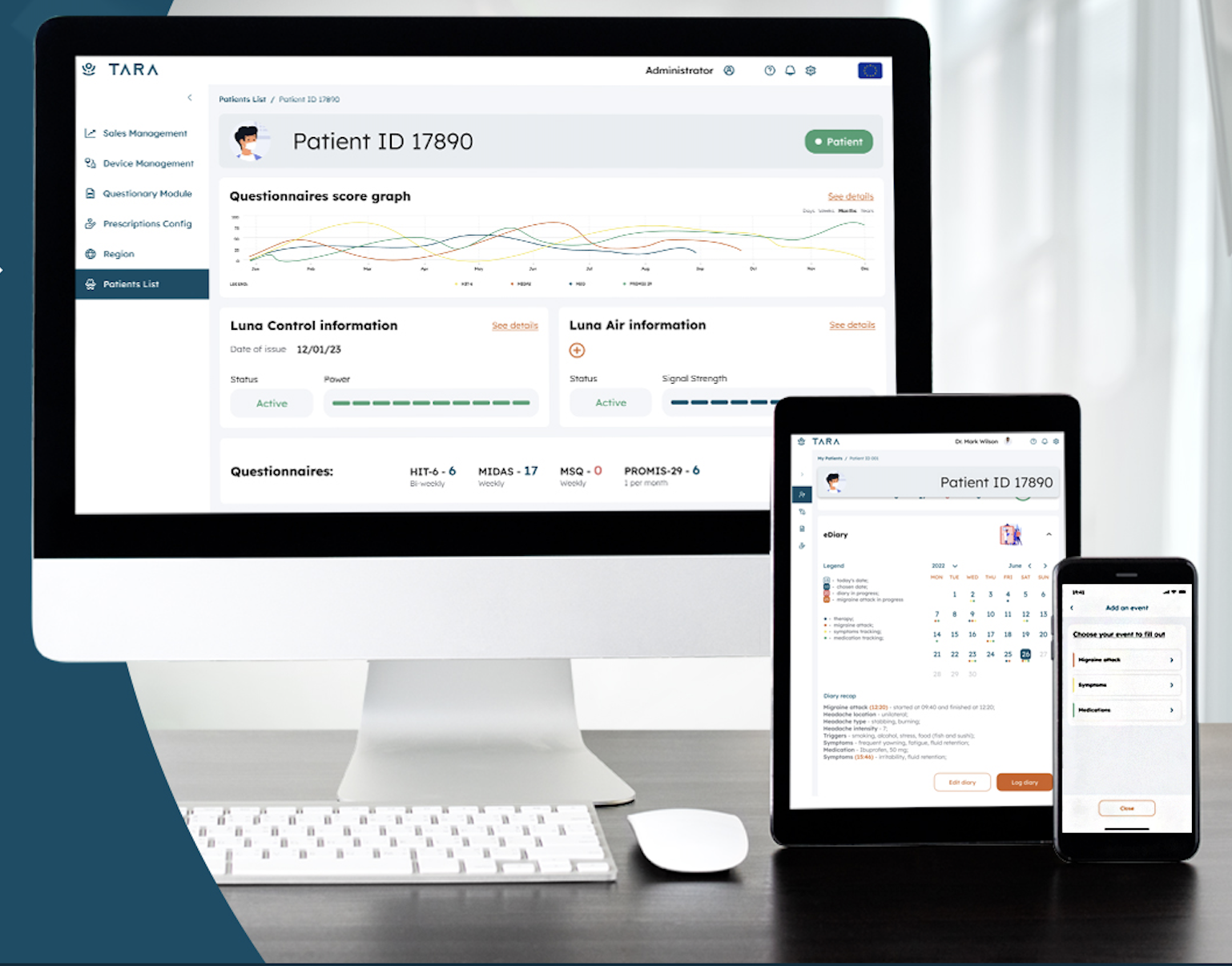Skein is at the forefront of innovating healthcare technology, focusing on the development of sophisticated software solutions for health data management. This initiative encompasses a comprehensive suite of services, including the meticulous collection of health-related data, advanced analytical processes, and the extraction of actionable insights. Integral to this system is the provision of decision support, aimed at enhancing the efficacy and precision of healthcare delivery.
Discover how OPORA Health is revolutionising patient data research for underserved populations through innovative ethical AI tools. It is committed to enhancing global health outcomes by providing advanced solutions tailored to resource-constrained environments.
Case-study: Variable Data Publishing. User research, product strategy, UX and build.
Powering energy storage with AI-driven digital twins.

